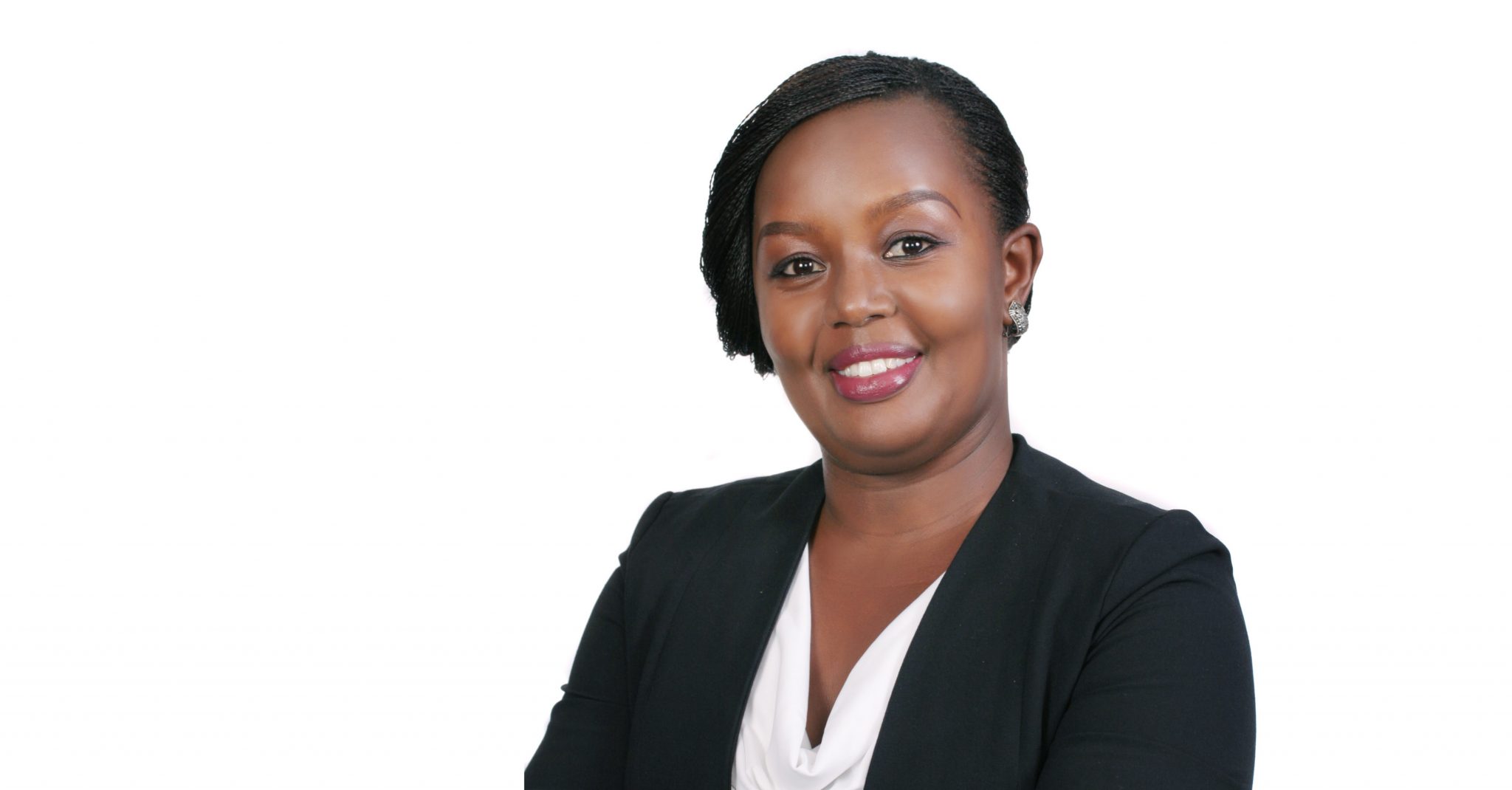The #metoo movement in Rwanda
In many European countries, the #metoo movement has been described as a revolution. But how has #metoo fared in other countries? We talked to women’s rights activist Ninette Umurerwa from Rwanda about what #metoo has meant for women in her country, and what she believes needs to change.

What is the #metoo movement like in Rwanda? Are people talking about it?
“#Metoo is quite new in Rwanda. So far, the discussion has mostly been held in social media – which far from everyone has access to in Rwanda. Recently, quite a few people spoke up online and revealed the names of perpetrators who had harassed them. But because there was no concrete evidence and because there is a general scepticism in society about such allegations, nothing happened. What we need in Rwanda is a public campaign to raise awareness of what sexual harassment is and why it is a problem,” says Ninette Umurerwa.
Who are the women who have been speaking up?
“They are mostly experienced feminists and opinion-makers on social media.”
Is it dangerous to talk about these issues in Rwanda?
“No, but there’s a long way to go and many obstacles yet to overcome. I’m thinking about conservative norms, the lack of knowledge about rape and sexual abuse, and the negative perception of survivors.”
Has #metoo meant anything for individual women in Rwanda?
“Women have dared to open up and share their experiences. So far, however, most testimonies have been anonymous because police investigations are ongoing in many of the cases.”
Has #metoo made a difference for the Rwandan women’s movement?
”Definitely! So far though, not that many people know about #metoo, so it’s difficult to predict precisely how important it will be for the women’s movement in the long run.”
Have Rwandan politicians and decision-makers reacted to #metoo? If so, in what way?
“No political decisions have been taken yet. The Rwandan police does have a hotline for people to be able to anonymously report sexual violence and sexual abuse, but that hotline already existed before #metoo.”